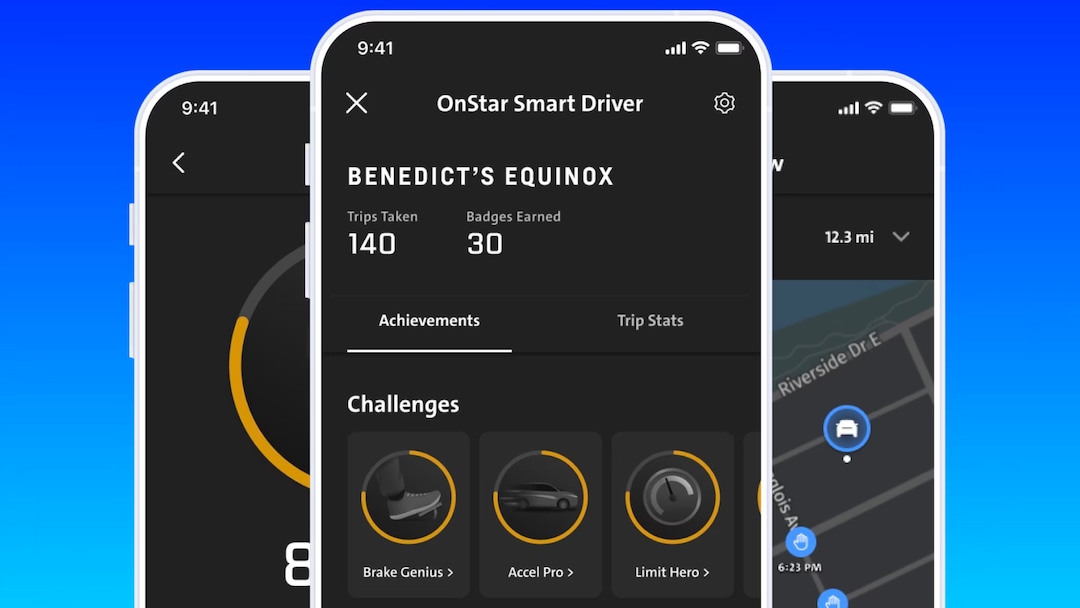Implications of GM’s OnStar Smart Driver Feature
As vehicles become increasingly intelligent, often described as smartphones on wheels, concerns surrounding tracking technology escalate. A notable instance is GM’s OnStar service, which features an onboard app dubbed “Smart Driver.” Marketed as a driving coach intended to enhance driving behavior, this app has been revealed to track users and share data with third parties, including insurers, potentially leading to higher insurance premiums.
Understanding Smart Driver’s Functionality
Tracking driving data is becoming common, especially in relation to insurance adjustments. Many insurance companies offer reduced premiums for drivers who can demonstrate safe driving habits, typically by allowing these companies to track vehicle metrics like trip frequency, speed, and distance. However, the critical distinction with GM’s Smart Driver lies in the transparency of consent. Participants in direct insurer tracking programs are aware and agree to the data-sharing agreement in pursuit of savings, while Smart Driver users may not have a clear understanding of how their data is utilized.
Fine Print and Data Use
The details surrounding data usage within the Smart Driver user agreement are often convoluted and poorly defined. Reports indicate that while data from the Smart Driver app is submitted to paying third parties, consumers remain largely uninformed about these practices. According to sources, GM has indeed shared data with companies like LexisNexis and Verisk, which in turn sell that information to insurance firms. This can significantly affect how insurance companies perceive and rate drivers.
No indication of insurance implications is found within these user agreements, raising serious concerns about customer awareness and consent.
Incentives for Dealers
Dealerships may have a vested interest in activating Smart Driver—some sales staff receive bonuses for enrolling customers in OnStar services. Consequently, many consumers may find that their vehicles come equipped with Smart Driver without ever explicitly consenting to the program, leading to unanticipated data collection.
Responses from GM
When questioned about data sharing and consent complexities, a GM spokesperson noted that consent is provided at multiple stages, suggesting that customers are aware of the data-sharing process. However, critics point out that the overlapping consents given can create confusion and limit real customer understanding regarding how their data could influence insurance rates.
What This Means for Non-GM Owners
If you don’t own a GM vehicle, it’s still wise to consider the implications of data sharing by other manufacturers. Many automakers may engage in similar practices of sharing data with brokers like LexisNexis. Therefore, it’s advisable to read user agreements thoroughly, despite their length and complexity.




